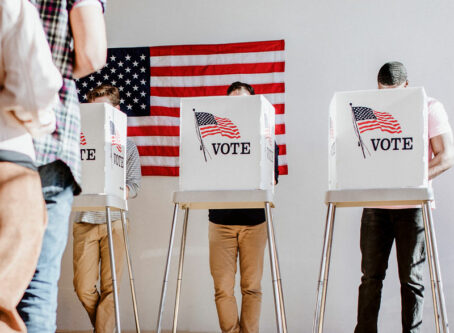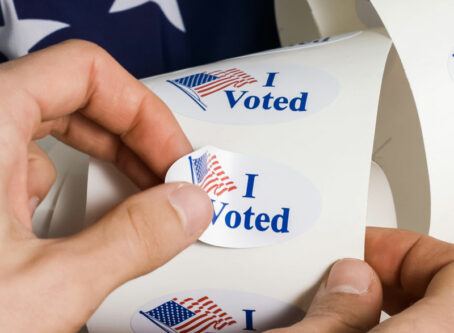Voters in two states decide on millionaire taxes for transportation
Voters in California and Massachusetts last week decided the fate of proposed taxes on each state’s wealthiest residents, called by some a “millionaire tax.” The additional revenue would provide some benefit for transportation purposes.
Massachusetts
Dubbed the Fair Share Amendment, Question 1 on the Massachusetts statewide ballot called for revising the state constitution to create an additional tax of 4% for household income above $1 million.
Voters approved the question by a margin of 52% to 48%.
The state already has a 5% flat-rate income tax. Passage of Question 1 will result in the tax rate increasing to 9% for the state’s wealthiest residents.
An estimated $1.2 billion annually will be applied for public education, roads and bridges, and public transit.
Advocates said that tapping the state’s richest to help others will benefit everyone. Critics countered that a millionaire tax could result in some of the state’s wealthiest residents leaving the state, which they point out would place a bigger financial burden on those responsible for paying the tax who remain.
Opponents added that the state does not have a revenue problem. They said the problem is with how the state spends its existing revenue.
California
Voters in the Golden State rejected adding a tax on the state’s wealthiest residents to help address greenhouse gas emissions.
Passage of Proposition 30 on the statewide ballot would have resulted in the personal income tax above $2 million increasing by 1.75%.
The tax was estimated to raise between $1.3 billion and $3 billion yearly.
Nearly half of all revenue – 45% – would have been used for rebates and other incentives for zero-emission vehicle purchases. Another 35% would have been applied for electric vehicle charging stations. Additionally, wildfire suppression and prevention programs would have collected another 20%.
The question was rejected with 58.6% in opposition to the tax and only 41.4% in favor.
Support and opposition
Advocates said that action is needed in California to mitigate the threat of climate change, including the reduction of vehicle emissions.
Supporters included ride-hailing company Lyft. A 2020 state air pollution regulation mandates that companies that include Uber and Lyft must use zero-emission vehicles for 90% of their miles driven by 2030.
Critics included Gov. Gavin Newsom. The governor signed an executive order two years ago to ban the sale of new fuel-powered vehicles in the state starting in 2035.
The Democratic governor had referred to the ballot question as “a cynical scheme by a single corporation to funnel state income tax revenue to their company.”
California Republicans also opposed the targeted tax. LL









